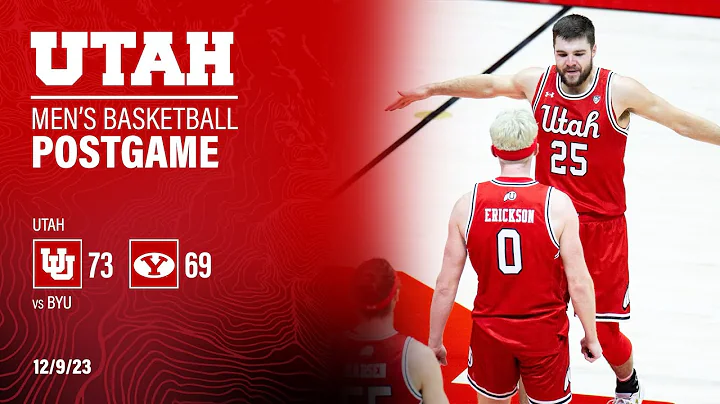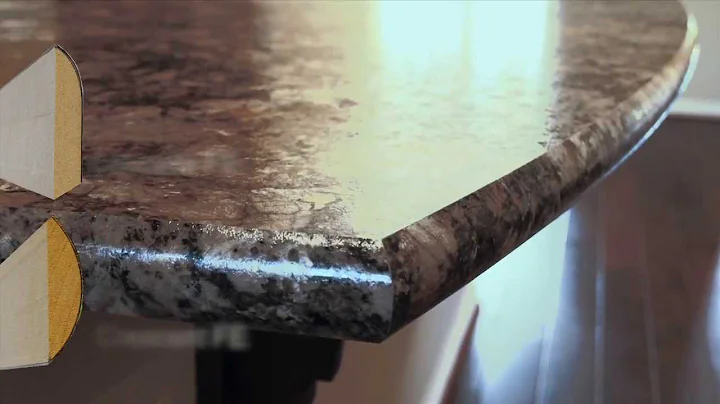Master the Art of Legal Videography: A Comprehensive Guide
Table of Contents
1. Introduction
2. Is Legal Videography for You?
2.1. Artistic License vs. Third Party Perspective
2.2. Equipment Essentials for Legal Videographers
3. Building Contacts and Gaining Confidence
4. Quick Thinking in the Deposition Room
5. Understanding Legal Video Procedures
5.1. Certification Programs for Legal Videographers
6. Conclusion
Becoming a Legal Videographer: A Comprehensive Guide 👨⚖️📹
Legal videography is a niche profession that requires specific skills, equipment, and procedures. If you're interested in recording depositions and other legal proceedings, this article will provide you with a comprehensive guide on becoming a successful legal videographer.
1. Introduction
In this digital age, legal videography has become an essential part of the legal industry. Courtrooms and law firms now rely on high-quality video recordings to preserve and document legal proceedings. As a legal videographer, your role is to capture crucial moments with precision and accuracy. But before delving into the technical aspects of the job, it's essential to understand if legal videography aligns with your aspirations and skills.
2. Is Legal Videography for You?
2.1. Artistic License vs. Third Party Perspective
Legal videography differs significantly from traditional filmmaking. While directors like Steven Spielberg can express emotions through creative camera techniques, legal videographers must remain objective and neutral. You're responsible for providing an unbiased and faithful visual representation of proceedings. It's crucial to understand the limitations imposed on artistic expression in this field.
2.2. Equipment Essentials for Legal Videographers
To become a legal videographer, you'll need a professional video camera as your primary tool. However, that's just the beginning. Alongside your camera, you'll require microphones for clear audio, backup equipment and media, a reliable tripod, cables, a surge protector, an extension cord, an audio mixer, and a backdrop. These essentials will ensure that you're well-equipped to handle any situation that arises during a deposition.
3. Building Contacts and Gaining Confidence
Unless you plan to work for an established firm, building contacts and networking is essential for a successful career as a legal videographer. You have a few options: working for someone else using their equipment, having your own equipment and freelancing, or establishing your own legal video firm. Regardless of your chosen path, confidence is key. You need to put yourself out there, make connections, and drum up new business. Be personable and open to establish relationships with attorneys and court reporters who may become valuable sources of work.
4. Quick Thinking in the Deposition Room
In the fast-paced environment of a deposition, being able to think quickly on your feet is crucial. Situations can change rapidly, and technical glitches may occur. The key is to have an in-depth knowledge of your equipment, allowing you to troubleshoot problems efficiently. Being prepared with alternative power sources and minimal setups for different locations demonstrates your professionalism and adaptability. Your ability to handle unexpected challenges and find solutions will set you apart as a reliable and sought-after legal videographer.
5. Understanding Legal Video Procedures
As a legal videographer, you have access to sensitive and confidential information. Understanding the legal and ethical boundaries of your work is of utmost importance. Familiarize yourself with the procedures and protocols that govern the use and dissemination of video evidence in legal settings. To gain this knowledge, consider enrolling in certification programs offered by reputable organizations such as the American Guild of Court Videographers (GCv) or the National Court Reporters Association (NCRA) - specifically their Certified Legal Videographer Specialist (CLVS) program. These programs will provide you with the necessary training and expertise to navigate the legal intricacies of your role.
6. Conclusion
Embarking on a career as a legal videographer requires a unique set of skills, a keen eye for detail, and an unwavering commitment to professionalism. While it may not be suitable for everyone, for those with a passion for the legal system and the technical know-how, it can be a rewarding and fulfilling profession. By following the guidelines presented in this article, you'll be well-equipped to start your journey into the world of legal videography.
Highlights:
- Legal videography is an essential part of the legal industry, requiring specific skills and equipment.
- Legal videographers must provide an unbiased and faithful visual representation, lacking artistic license.
- The necessary equipment includes a professional video camera, microphones, backup equipment, and more.
- Building contacts and gaining confidence is crucial for success in the field of legal videography.
- Quick thinking and adaptability are essential during depositions to handle unexpected challenges.
- Understanding legal video procedures and obtaining relevant certifications enhances professionalism.
FAQ
Q1: Can I use artistic license as a legal videographer? 🎨
A1: No, legal videographers must provide an objective and neutral perspective, refraining from incorporating artistic elements into their recordings.
Q2: What equipment do I need to become a legal videographer? 📷
A2: The essential equipment for legal videography includes a professional video camera, microphones, backup equipment, a tripod, cables, surge protectors, an audio mixer, and a backdrop.
Q3: How can I build contacts and gain confidence as a legal videographer? 🤝
A3: Networking and establishing relationships with attorneys and court reporters is crucial. Confidence in marketing yourself and your services is vital for success in the field.
Q4: What certifications are available for legal videographers? 📜
A4: The American Guild of Court Videographers (GCv) and the National Court Reporters Association (NCRA) offer certification programs. The Certified Legal Videographer Specialist (CLVS) program is recommended to enhance legal knowledge and expertise.
Q5: Can I incorporate video evidence into legal proceedings without proper authorization? 🔒
A5: No, legal videographers must adhere to strict procedures regarding the use and dissemination of video evidence. Understanding legal boundaries and ethical considerations is crucial in this profession.
👉 Resources:
- American Guild of Court Videographers (GCv) - Website
- National Court Reporters Association (NCRA) - Website







